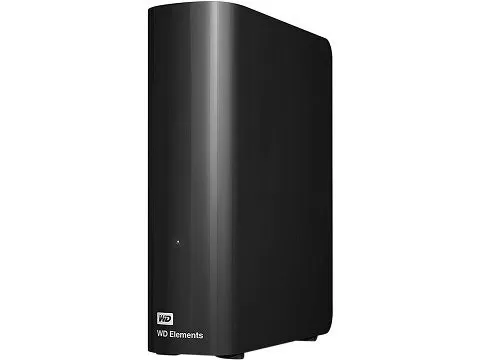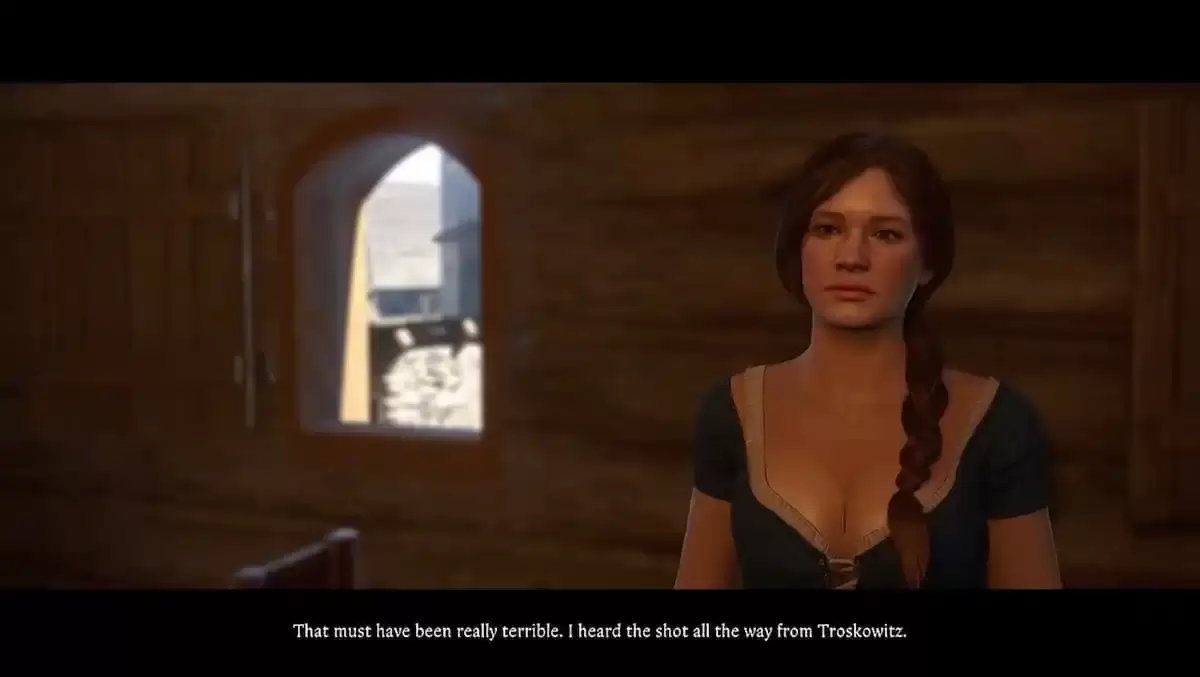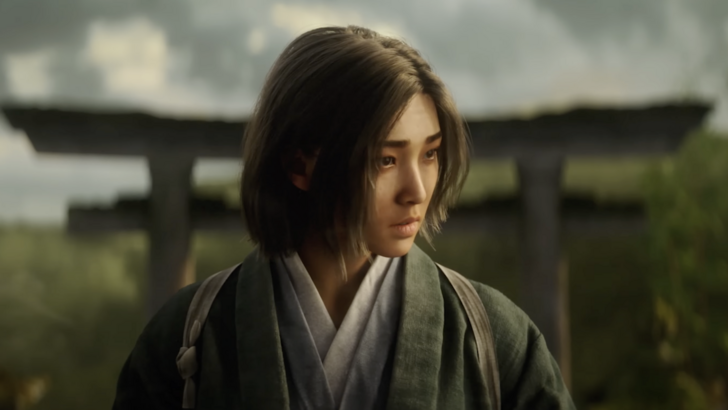 Following a string of underperforming releases and setbacks, Ubisoft faces pressure from an investor demanding a management overhaul and staff reductions.
Following a string of underperforming releases and setbacks, Ubisoft faces pressure from an investor demanding a management overhaul and staff reductions.
Minority Investor Calls for Ubisoft Restructuring
Aj Investment Claims Last Year's 10% Workforce Cut Insufficient
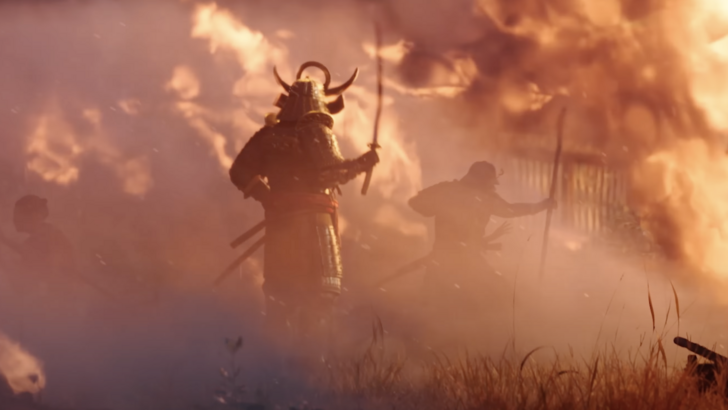 Aj Investment, a minority shareholder in Ubisoft, has publicly urged the company's board, including CEO Yves Guillemot and Tencent, to take the company private and install new leadership. In an open letter, the investors expressed profound dissatisfaction with Ubisoft's performance and strategic direction.
Aj Investment, a minority shareholder in Ubisoft, has publicly urged the company's board, including CEO Yves Guillemot and Tencent, to take the company private and install new leadership. In an open letter, the investors expressed profound dissatisfaction with Ubisoft's performance and strategic direction.
The letter cites the delayed release of key titles like Rainbow Six Siege and The Division until late March 2025, a lowered Q2 2024 revenue forecast, and overall poor performance as reasons for serious concern about the management's long-term viability and ability to deliver shareholder value. Aj Investment even proposed replacing Guillemot as CEO, stating in the letter: "A change in current management is necessary. We propose initiating a search for a NEW CEO who will optimize costs and studio structure for improved agility and competitiveness."
This news followed a recent decline in Ubisoft's share price, reportedly falling over 50% in the past year, according to the Wall Street Journal. A Ubisoft spokesperson offered no comment on the letter.
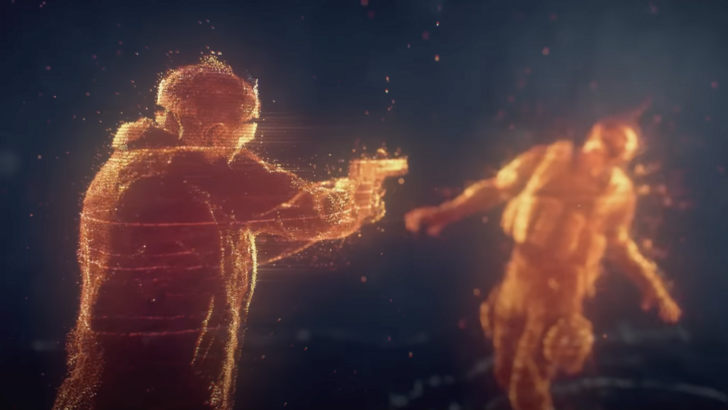 "Ubisoft's current undervaluation compared to its competitors stems from mismanagement and the perceived exploitation of shareholders by the Guillemot family and Tencent," AJ Investment further asserted in the letter. "The management prioritizes short-term gains over a long-term strategy focused on delivering exceptional gaming experiences."
"Ubisoft's current undervaluation compared to its competitors stems from mismanagement and the perceived exploitation of shareholders by the Guillemot family and Tencent," AJ Investment further asserted in the letter. "The management prioritizes short-term gains over a long-term strategy focused on delivering exceptional gaming experiences."
AJ Investment's Juraj Krupa further criticized the cancellation of Division Heartland, a move deemed disappointing by gamers. He also expressed disappointment with the reception of Skull and Bones and Prince of Persia: The Lost Crown, calling them underwhelming.
"While Rainbow Six Siege performs well, franchises like Rayman, Splinter Cell, For Honor, and Watch Dogs remain stagnant despite their popularity," Krupa noted. "Star Wars Outlaws is anticipated to boost sales, but initial reviews suggest the game wasn't fully polished at launch, despite high expectations for a Star Wars open-world title."
Ubisoft had heavily relied on Star Wars Outlaws to revitalize its performance, but the game's sales have reportedly fallen short, contributing to a decline in share price to its lowest point since 2015 – a drop of over 30% year-to-date.
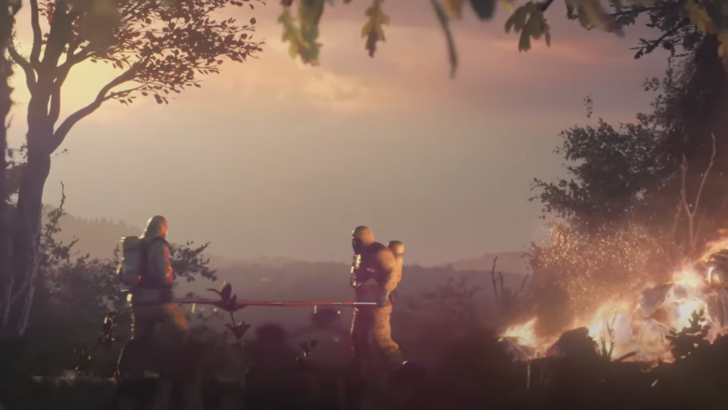 The letter also proposes significant staff reductions. Krupa pointed to Electronic Arts (EA), Take-Two Interactive, and Activision Blizzard as examples of companies with higher revenue and profitability despite smaller workforces. Ubisoft employs over 17,000, compared to EA's 11,000, Take-Two's 7,500, and Activision Blizzard's 9,500.
The letter also proposes significant staff reductions. Krupa pointed to Electronic Arts (EA), Take-Two Interactive, and Activision Blizzard as examples of companies with higher revenue and profitability despite smaller workforces. Ubisoft employs over 17,000, compared to EA's 11,000, Take-Two's 7,500, and Activision Blizzard's 9,500.
Krupa advocated for "significant cost reductions and staff optimization" to enhance operational efficiency, and suggested selling studios deemed unnecessary for core IP development. He noted that Ubisoft's 30+ studios represent an excessively large structure for its current profitability.
He emphasized that the previous 10% workforce reduction is insufficient, stating that Ubisoft's planned cost-cutting measures of €150 million by 2024 and €200 million by 2025 are not aggressive enough to maintain competitiveness in the global market.

